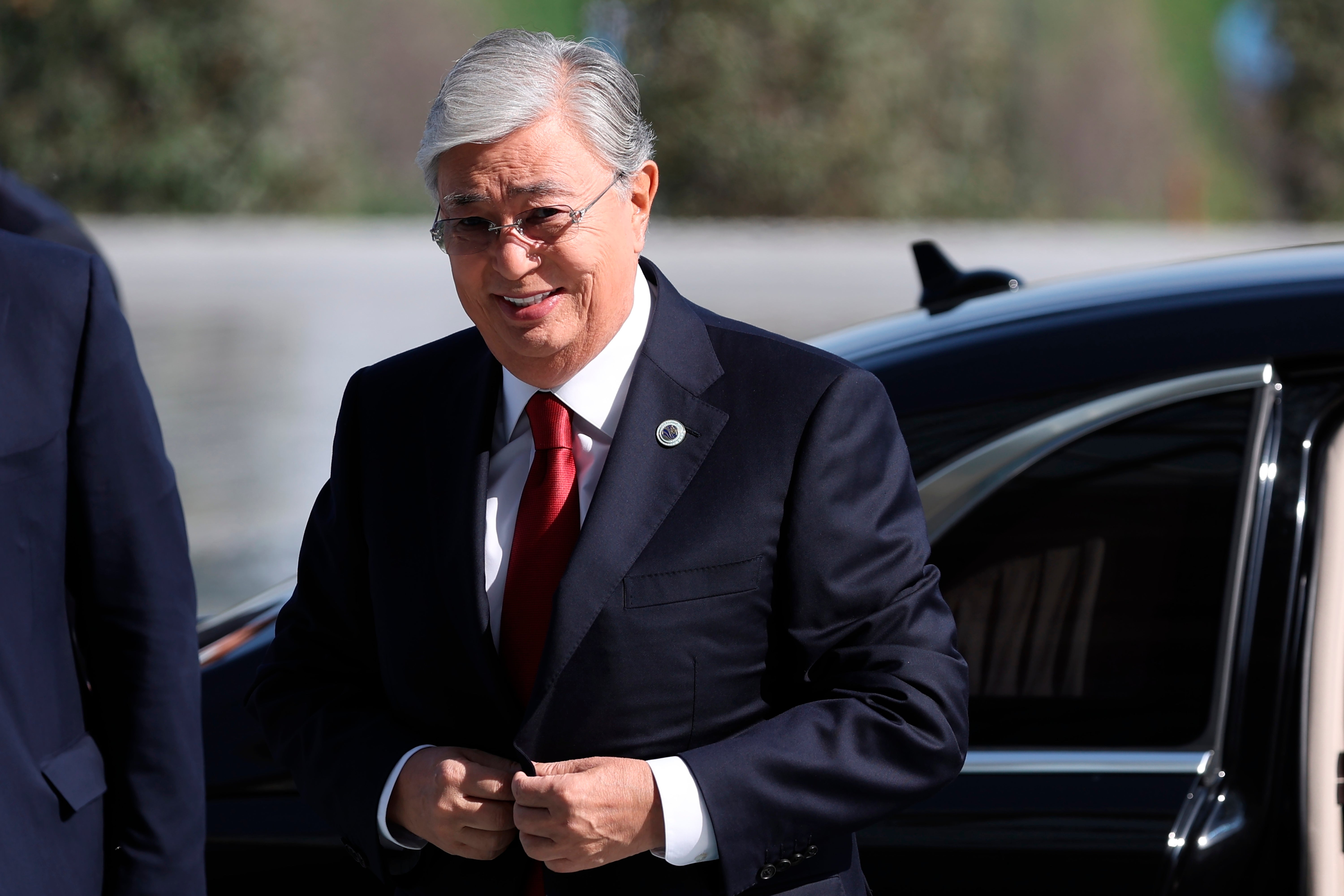Kazakhstan renames capital, extends presidential term
The president of Kazakhstan has signed constitutional amendments that extend the presidential term to seven years and bring back the old name of the country’s capital

The president of Kazakhstan on Saturday signed constitutional amendments that extended the presidential term to seven years and brought back the old name of the country's capital.
The changes are among political and economic reforms that President Kassym-Jomart Tokayev has called for after violent protests rocked the country in January, killing more than 200 people. The unrest was sparked by a sharp rise in fuel prices, but also reflected widespread dismay with the country’s politics, which for over 30 years had been dominated by former President Nursultan Nazarbayev and his party.
The Kazakh parliament unanimously supported the amendments in two readings on Friday, and Tokayev signed them into law the next day. They extend the presidential term to seven years from the current five, but also bar any president from running for a second term in office. The changes also rename the country’s capital, now called Nur-Sultan, back to Astana.
Astana became the capital of Kazakhstan in 1997 when Nazarbayev, who led the country for three decades under the Soviet Union and after it gained independence in 1991, moved it there from Almaty. After he stepped down in 2019, his successor Tokayev moved to name it Nur-Sultan — in honor of Nazarbayev, who retained enormous influence as head of the county’s ruling party and security council.
But Tokayev removed him from those posts after the deadly unrest in January that hinged partly on dissatisfaction with the power that Nazarbayev still wielded, and announced sweeping reforms.
Earlier this month, he called for an early presidential election and announced the move to bring back the old name of the country’s capital.
Tokayev has previously said that he would run in the election. It wasn’t immediately clear whether the new amendments would allow him to, but similar constitutional changes in Russia and Belarus allowed incumbent leaders to run again under the amended constitution.
Bookmark popover
Removed from bookmarks